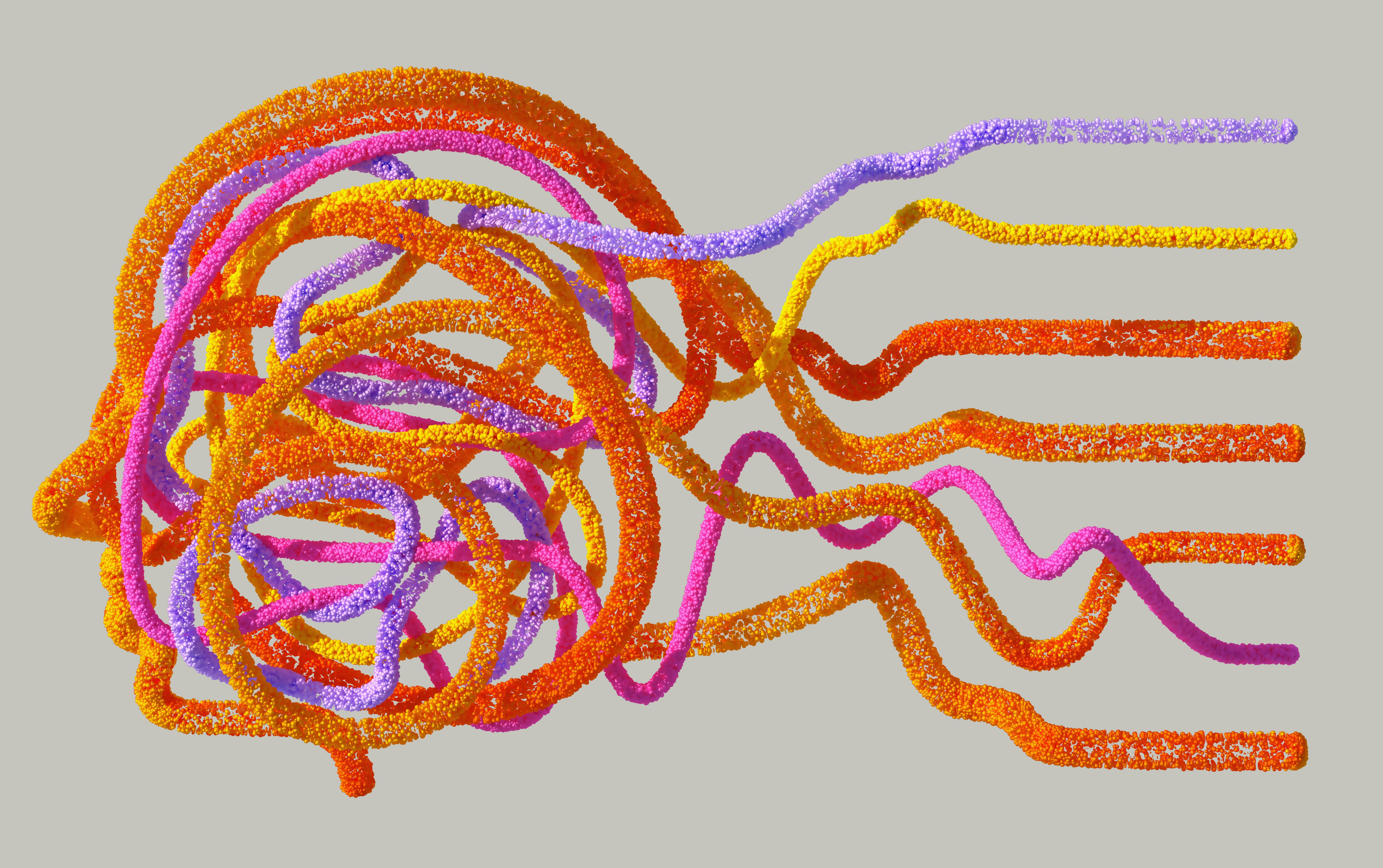Psychodynamic Psychologists: Exploring the Depths of the Mind
Clinic celebrated last month with news of an award I received: “Best Relationship and Couple Therapist 2025″ for Newcastle Upon Tyne area. As a trainee Doctor I moved to Newcastle with knowing no one here. Little did my younger self know that it would become my second home. The work I do is not for the awards. It is great to receive but in truth does little for my passion. For me, it is about the lovely people I work with. Clinic was built through the years of my reputation being word of mouth by people who have attended clinic. Seeing clients excel and supporting the change is the place of my passion and not simply the awards.
During those younger days of a trainee Doctor training was in psychodynamic therapy in particular object relations. I have changed much during the years, yet much of me stays the same – I hope I will forever be humble. My training in recent years extended to psychoanalytic couple therapy. I work predominately in an integrative psychodynamic approach supporting delving deep into the intricacies of the human mind to understand the underlying factors that influence our thoughts and actions. In this article, we will explore the world of psychodynamic psychology and the role of psychodynamic psychologists in supporting individuals gain a better understanding of themselves.
What is Psychodynamic Psychology?
Definition:
Psychodynamic psychology is a branch of psychology that focuses on uncovering the unconscious motives and conflicts that drive human behaviour. This approach emphasises the role of childhood experiences, relationships, and unresolved emotional concerns in shaping personality and emotional health. Psychodynamic psychologists use various techniques, such as dream analysis, free association, and transference, to help patients gain insight into their innermost thoughts and feelings.
The Role of Psychodynamic Psychologists
Psychodynamic psychologists are trained professionals who specialise in understanding the complexities of the human mind. They use their expertise in psychoanalytic theory and therapeutic techniques to help individuals explore their deep-seated emotions, fears, and desires. By creating a safe and non-judgmental space for patients to open up and delve into their subconscious, psychodynamic psychologists guide them towards self-discovery and personal growth.
It is not about the past though. The way I work is balancing the past, here and now needs and forward thinking re the future. Techniques are shared within the therapy. It is not all about focusing on childhood but relationship to self, attachment to stress, anxiety and others. My current training and years of passion of somatic and attachment brings psychodynamic therapy with freshness and not necessarily the classic way of working. Somatic and attachment doesn’t only look at our relationship to self and others but to stress / anxiety and focusing on the body too.
Trust Building:
Building a strong therapeutic alliance based on trust and empathy is essential in psychodynamic therapy. My emphasis is creating a safe and supportive environment where individuals and couples feel comfortable exploring their innermost thoughts and emotions. Through active listening and nonverbal cues, I establish a strong rapport with the people I work with. This fosters a sense of trust and openness that is crucial for the therapeutic process.
The Benefits of Psychodynamic Therapy
Insight and Self-Awareness:
One of the primary goals of psychodynamic therapy is to help individuals gain insight into the underlying factors that contribute to their emotional struggles and behavioural patterns. By understanding the root causes of relating to self, people can develop a deeper understanding of themselves and make meaningful changes in their lives. Self-awareness is a powerful tool to change patterns. It is important to note no therapy can change the past or key factors of who you are. Most of you will stay the same but wellbeing to be improved with change to relationship of self and others. This really depends on the reason for attending therapy.
Emotional Healing:
Psychodynamic therapy provides a safe space for individuals to process and heal from past traumas and emotional wounds. Emotional wounds do not necessarily disappear. Tools are supplied to make them easier but knowing life transitions can reopen them at times. This is natural. A new way of looking at emotional wounds is beneficial. Through the exploration of their inner world, people can confront unresolved feelings of grief, anger, and sadness.
Psychodynamic psychologists play a crucial role in supporting individuals navigate the complexities of the human mind and achieve emotional healing and personal growth. By exploring the depths of the mind, individuals can uncover the hidden forces that shape their thoughts and behaviour’s, leading to a more fulfilling and authentic life.



